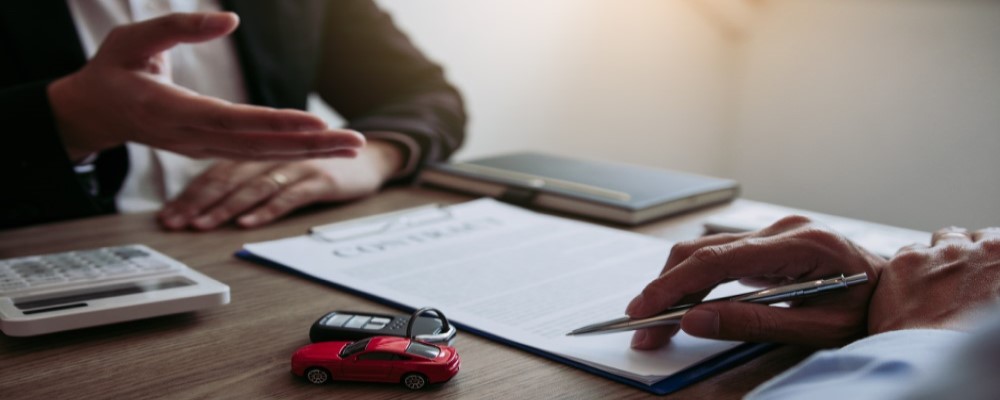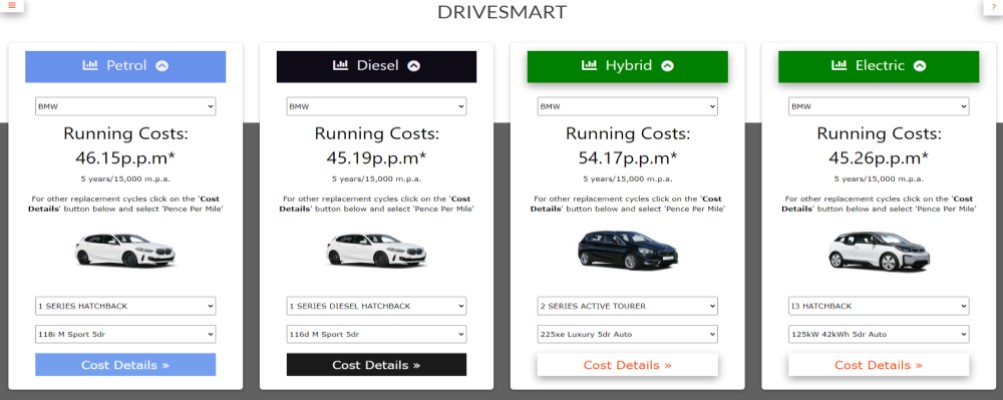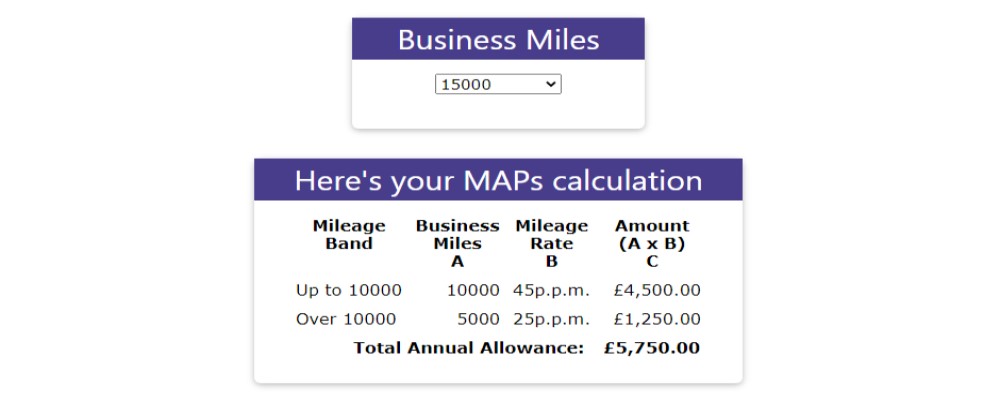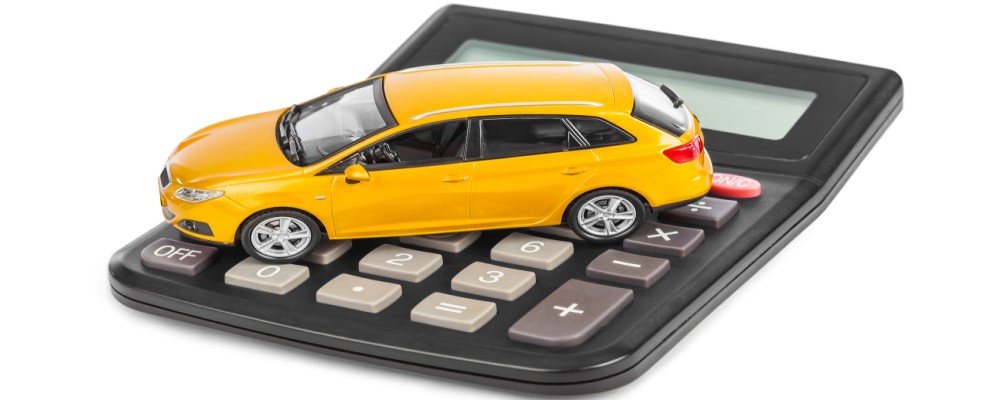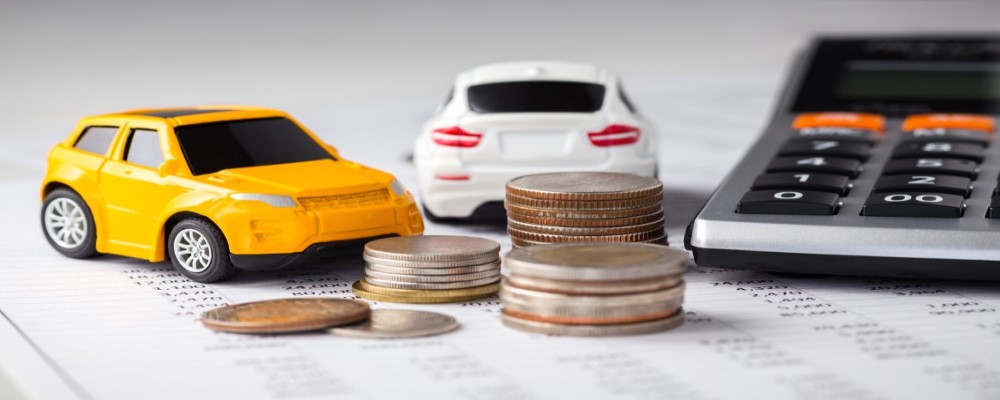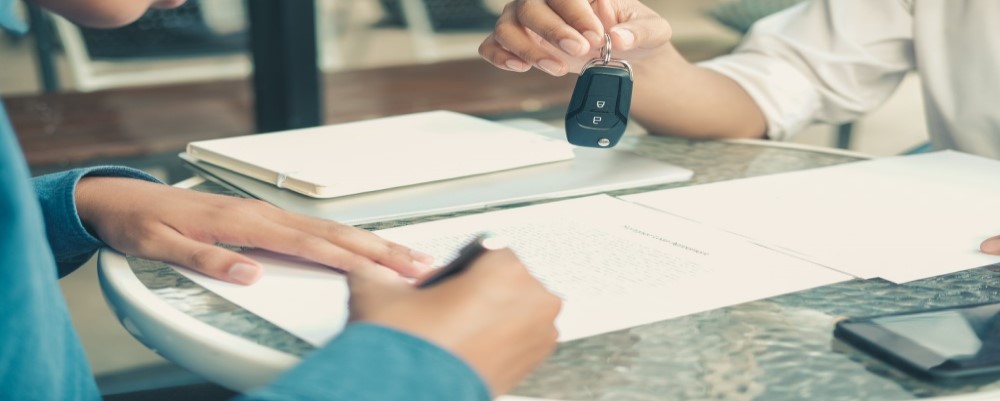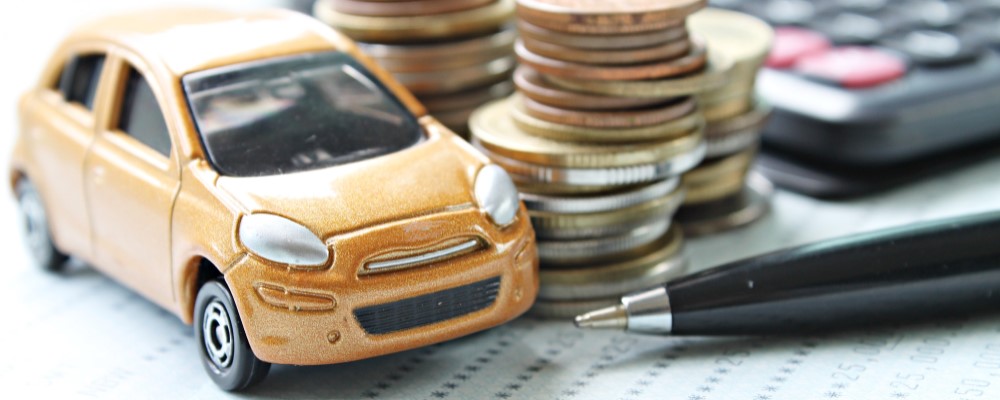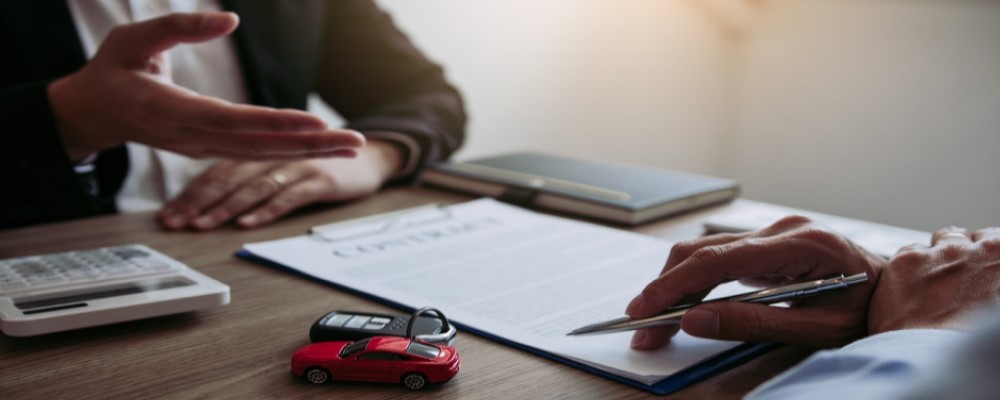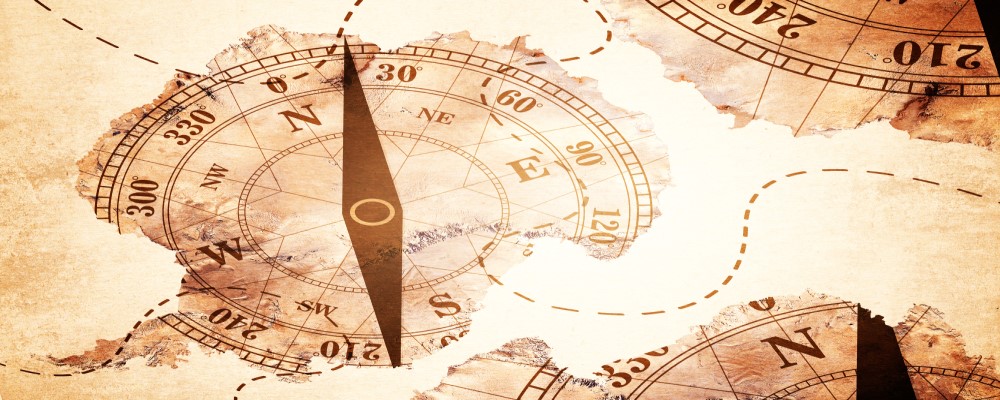CARTAXPRO: Is Cash Still King?
We explain when cash can be better than using car finance
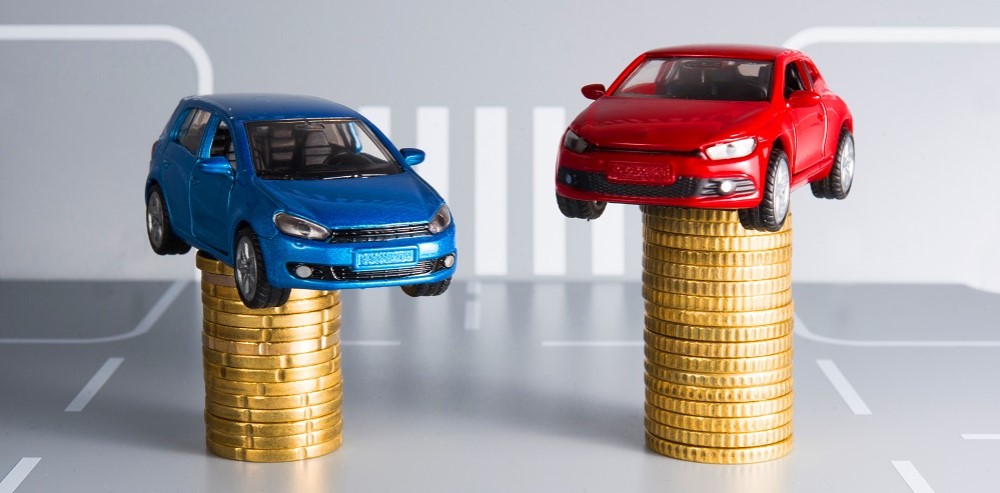
Is Paying In Cash Better Than Car Finance?
14 September 2020Is Cash Still King For a Car Purchase?
Or would you be better off using someone else's money for you new car?
'Cash Is King' as the saying goes.
But what if using your own money to buy a car is actually a bad idea?
Let’s look how you can work out when cash or finance is better for funding a car ...
What Do We Mean By 'Cash'?
It sounds simple - cash, dosh, readies, dough, however you put it, cash surely is cash?
Well, not necessarily so. You may have access to cash in more forms than you think.
It could be a simple nest-egg sitting in a savings account; some surplus 'rainy day' money perhaps?
But it could also be financial resources you have but haven't thought about, such as:
- An surplus life insurance policy with a surrender value
- A loan-back facility on an insurance policy where you can borrow at a low rate of interest
- A credit card with a 0% or low rate balance transfer offer
We're not going to give you advice on the suitability of using any of these - you need to speak to a specialist financial adviser before doing that.
But just remember to check all your available cash sources before launching into car finance - your cash reserves may be in better shape than you think and cost you less than a car finance deal.
So What If I Do Have Cash?
Well, now you're at a significant advantage to other car buyers because you have a choice over how to fund your car.
So to exercise that choice properly, we recommend you start by asking yourself 3 key questions:
- Do I need to own my car?
- Do I want the lowest total finance payments?
- Do I need the lowest monthly repayments?
Do I Need To Own My Car?
A new way of funding cars has emerged in recent years called Personal Contract Hire ('PCH'), also known as personal leasing.
You rent a car instead of buying it, but rather than renting for a couple of weeks (in the sense of holiday car rentals), you borrow the car long-term for a fixed monthly payment.
Just like a holiday rental though, at the end of the PCH agreement you don't own the car. You have to hand it back, though you can take out another contract to get a replacement.
To learn more about Personal Contract Hire follow this link (we'll keep your place here while you're gone).
So why wouldn't you want to own your car? Well, the question of ownership comes down to risk.
When you own a car you take on the risk of depreciation, because the vast majority of cars go down in value as they get older.
Ask yourself if you want the risk of depreciation on your car, or would you prefer someone else to take on that risk for you?
If you'd prefer someone else to take the depreciation risk then Personal Contract Hire may make more sense than ownership because the leasing company takes on that risk.
Do I Want The Lowest Total Finance Payments?
That might sound an odd question.
Of course you want the lowest total finance payments.
But a deal with the lowest total finance payments doesn't always give you the lowest monthly finance payments.
How so?
Well, modern car finance products can reduce the monthly payments by leaving some of the purchase price outstanding until the end of the deal.
When you finish the finance agreement you decide whether to pay off the remaining money or hand back the car instead.
But in these deals you still pay interest on the outstanding money, so the total interest charges are higher than a traditional hire purchase agreement, even though the monthly payments are lower.
This is because the money you leave outstanding still carries an interest charge from the start to the end of the agreement.
As a result, a deal with lower monthly payments may actually cost you more in total interest charges.
And the reverse could be true - a finance product like traditional car Hire Purchase, where you pay the whole price of the car in equal monthly instalments, may have higher monthly payments but cost less in total finance charges.
Do I Need The Lowest Monthly Payments?
Obviously you can stretch the buying power of your monthly payments further if you can get the payments lower each month.
Shopping around on finance deals will help, but to make a serious difference to your monthly spending power you probably need to use a deferred finance deal.
These are designed specifically to give a lower monthly payment (and therefore give you a bigger monthly spending power) by putting off payment of part of the price of the car until the end of the finance agreement.
When you get to the end of the deal you can choose to either pay the outstanding balance and keep the car, or hand the car back in lieu of the final payment and then finance another car.
Typically called Personal Contract Purchase (or 'PCP'), these deals increase your buying power (because your monthly payments are lower) but you usually pay more interest overall when compared to Hire Purchase.
So if you are considering PCP, just remember that you are usually trading lower monthly payments for higher total finance costs.
How Does Finance Compare To Cash?
Well, if you have cash available to cover the purchase price of your new car then you will avoid interest charges on a finance agreement and you can concentrate on haggling over the price of the car or your trade-in value.
This is true even if the dealer is offering 0% finance on the car.
That's because, in 0% finance, the dealer usually uses money that would have been offered to you as a discount, or as part of your trade-in valuation, to pay for the 0% finance deal (there's no such thing as a free lunch in car finance).
So how do you compare the true cost of a finance deal with paying cash?
Well, first you need to work out how much you will lose by paying cash.
In other words, if you use your own cash it's no longer sitting in the bank (or another investment pot) and earning a return - you've lost the opportunity to earn a return by using your cash for the car purchase, and the cost of that is called the 'opportunity cost'.
You can work out the opportunity cost of taking cash out of your investment pot by calculating the interest lost and adding it to the price of the car.
This principle applies to any form of investment from which you took the cash to buy the car.
Now you need to compare this opportunity cost to the cost of a finance agreement. Don't forget to include any finance arrangement fees as well as the direct interest charges you will pay.
This time, because you've left your cash in the bank (or wherever), you need to deduct your savings return from the total cost of the car finance. The result is your opportunity cost of a finance agreement.
And now you can compare the opportunity cost of a cash deal with that of a finance deal to see which one will really be more expensive.
The Thumb Rule
In general terms, the higher the rate of return you will get on your cash, the lower the cost of using car finance instead.
Similarly, the lower the rate of interest on your finance agreement, the easier it will be to cover the interest costs with the return on your savings.
Don't forget the effect of taxation - if you pay higher rates of income tax then your net savings return will be lower, so using finance will correspondingly be more expensive.
And remember, once you've spent your savings on a car the money is gone - you can't get your money back without selling the car if that rainy day does arrive.
If you leave your cash where it is and use car finance instead, your savings should be where you left them if you ever do need cash urgently.
Do It The Easy Way
Don't worry if the process of evaluating a cash purchase vs car finance sounds like too much hard maths - we've already done it for you.
Our 'lease or buy' calculator will work out the cost of using finance (such as leasing, HP or PCP) to fund a car compared to the cost of buying with your own cash.
You can set the investment rate you would get if you left your money in the bank (and your tax rate too) and work out the opportunity cost of buying with cash.
We'll also work out the true cost of a car finance deal, taking account of;
- the interest rate you are being charged on an HP or PCP deal; or
- the monthly lease rentals you have been offered on a PCH agreement; and
- any finance arrangement fees.
Finally we'll compare the costs of everything side-by-side - cash purchase, leasing, HP and PCP - to see which would have the lowest overall cost to you.
And don't worry if you haven't got the cash anyway - our calculator will also compare the costs of finance for HP, PCP and PCH so you can see which finance route will cost you less.
Why not try it now and work out which finance method will suit you best for your next new car?
Related Tools
Related Posts
What Else Do We Do?
DriveSmart has a unique suite of free online tools to help you find the right car.
Take a look at some of our amazing calculators and decision tools for new car buyers.
-
Lease or Buy?
Could you lease a new car for less than the cost of buying? Our lease calculator will work out the best finance method for you. -
ICE or Electric?
Would an electric car be cheaper than petrol or diesel? Our ICE or electric calculator compares running costs instantly. -
Cash or Car?
Could you give up your company car for a cash allowance? Our 'cash or car' calculator will tell you. -
Car Search
Find your next new car by monthly payment, standard equipment, performance, economy and more .... -
DriveSmart
Why not visit the DriveSmart website and see for yourself the amazing range of tools and analysis? We'll keep your place here while you browse.
